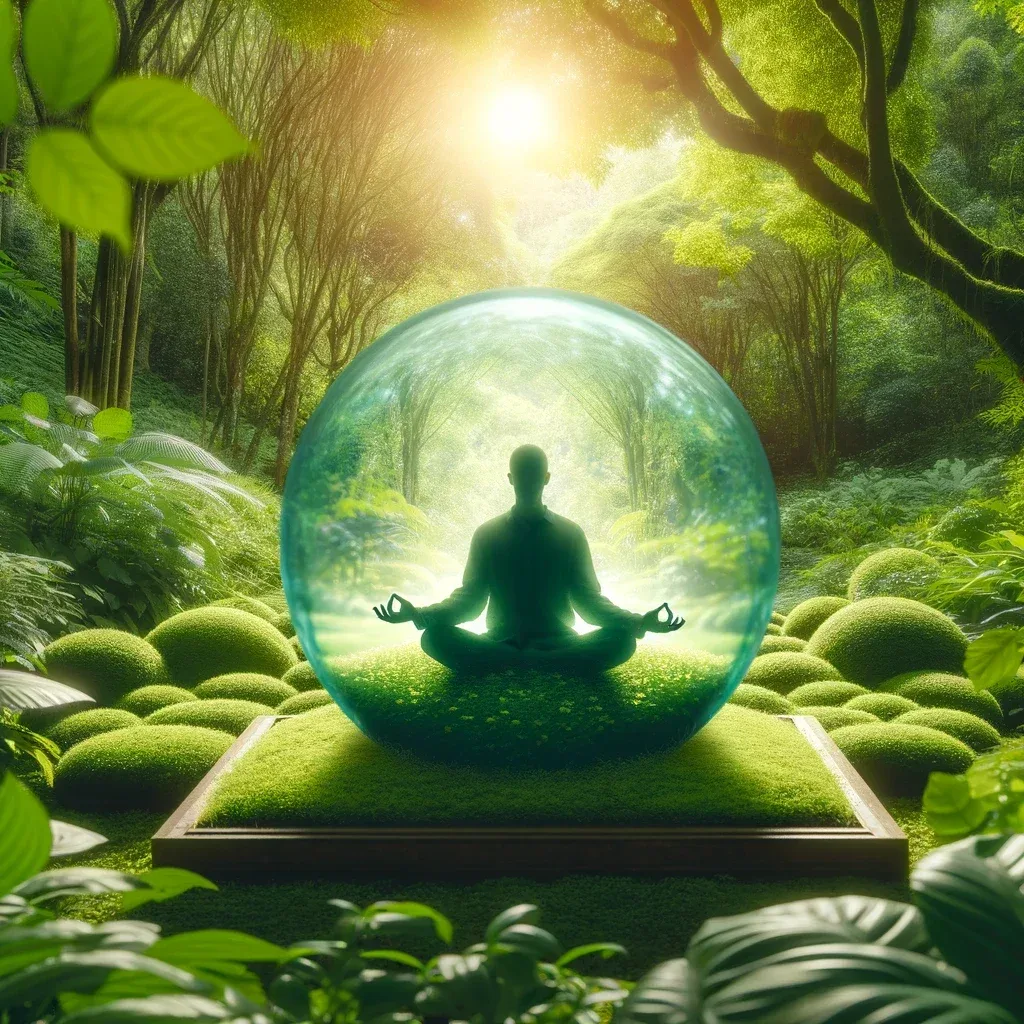In the context of the search for well-being and happiness, the concepts of natural and necessary pleasures play a crucial role. This article explores the nature of these pleasures, fundamental to a full and balanced life. We will delve into concrete examples of these pleasures, understanding how they differ from other types of pleasures and their importance in people's daily lives.

Defining Natural and Necessary Pleasures

To understand natural and necessary pleasures, it is essential to differentiate them from other types of pleasures. This category refers to:
Basics
Natural and necessary pleasures are those essential for survival and basic well-being. They include needs such as food, rest and shelter.
Difference with Non-Necessary Pleasures
While natural and necessary pleasures are indispensable, other pleasures, such as luxuries and indulgences, are considered non-essential and often temporary.
Impact on Health and Wellbeing
The satisfaction of these pleasures has a direct impact on physical and mental health, being essential for maintaining a state of balance and contentment.
Practical Examples in Everyday Life

By exploring everyday examples, we can identify how these pleasures manifest themselves and are fundamental to our lives.
Healthy eating
The importance of a balanced diet, not just as a source of pleasure, but as a necessity for physical health.
Rest and Sleep
The crucial role of rest and adequate sleep in maintaining mental and physical health, and how sleep deprivation can negatively affect well-being.
Social and Affective Relationships
Interpersonal relationships, affection and human contact are natural pleasures that meet the basic need for connection and belonging.
The Philosophical Perspective

Philosophers throughout history have debated the importance of natural and necessary pleasures. Let's consider some of these perspectives.
Epicureanism and the Search for Ataraxia
Epicureanism places natural and necessary pleasures at the center of the search for ataraxia, a state of tranquility and absence of disturbance.
Stoics and Moderation
Stoic philosophy emphasizes moderation and control over desires and pleasures, recognizing the importance of natural and necessary pleasures but warning against excessive indulgence.
Contemporary Perspectives
In the modern world, the search for balance between natural pleasures and material aspirations becomes increasingly relevant, with many seeking a return to fundamental needs for a more authentic and satisfying lifestyle.
Implications for Mental and Physical Health

The impact of natural and necessary pleasures goes beyond immediate satisfaction, profoundly influencing mental and physical health.
Studies on Well-Being and Satisfaction
Research indicates that the enjoyment of these pleasures is closely linked to long-term feelings of happiness and contentment.
Relationship with Healthy Lifestyles
A lifestyle that prioritizes these pleasures often leads to healthier, more sustainable choices.
Prevention of Diseases and Disorders
Lack or neglect of these pleasures can lead to a variety of health problems, both physical and psychological.
Conclusion
Natural and necessary pleasures are the basis for a healthy and balanced life. By recognizing and valuing these pleasures in our everyday lives, we can achieve a genuine and lasting state of well-being.
Frequently Asked Questions about Natural and Necessary Pleasures
This FAQ was created to provide clarification and deeper insights into natural and necessary pleasures, topics that arouse curiosity and interest in many.





